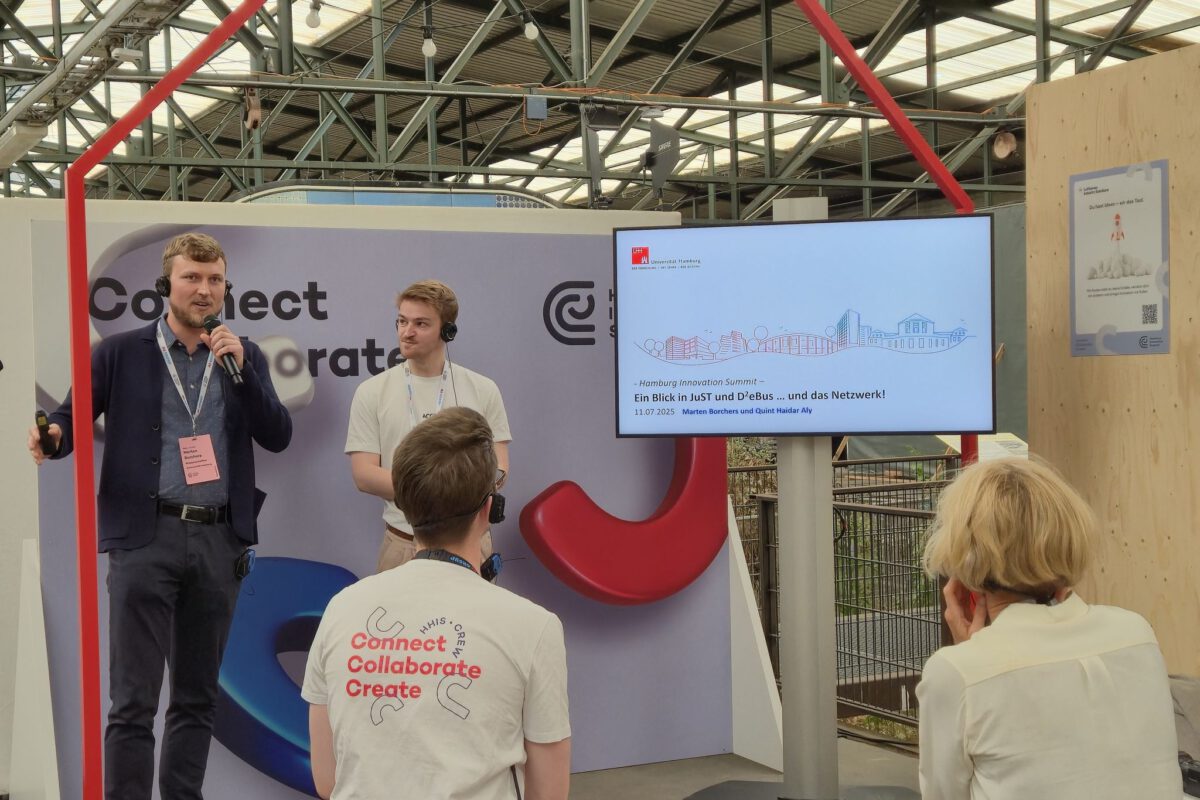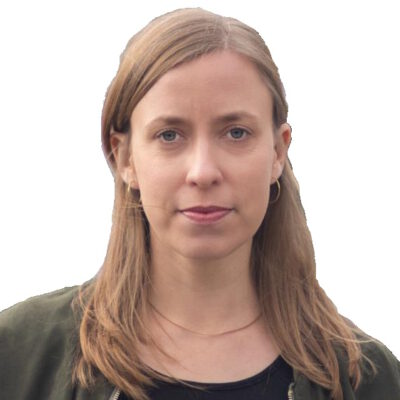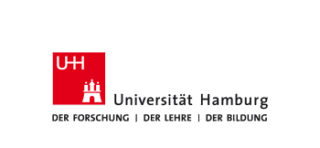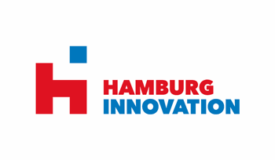JuST – Jurisdiction Support for Refugees through Thoughtful Software is an innovative research project that provides targeted support to lawyers working in migration law. It focuses on the European asylum law reform (Common European Asylum System, CEAS), which will be enacted on June 12, 2026. It will bring about the most significant change to German asylum law since 1993. With nine regulations and one directive, it is a comprehensive set of rules governing the reception of asylum seekers, the screening process, and the asylum procedure. German asylum law is currently undergoing a fundamental revision, and many standards will only be found in European legal texts in the future. This complicates the work of German legal practitioners, as they often have to consult several German and European legal texts to understand the new system.
The JuST project is developing an AI-supported platform based on retrieval-augmented generation (RAG) architecture. This will make it possible to quickly search legal sources, judgments, regulations, and debates in compliance with data protection regulations, and to link their content. The aim is to make legal work more efficient by providing lawyers with targeted and subject-specific support in their research and text creation.













